Frederica Freyberg:
In the wake of mass shootings in Texas and Ohio, Wisconsin leaders are expected to meet to talk about what can be done. In tonight’s first look, Governor Tony Evers is pushing for universal background checks and what’s known as a red flag law. These are measures Speaker Robin Vos and Senate Majority Leader Scott Fitzgerald have opposed. But the governor and the Republican legislative leaders have agreed to talk next week. Wisconsin Attorney General Josh Kaul supports both gun control measures. He joins us now. Thanks for being here.
Josh Kaul:
Thanks for having me.
Frederica Freyberg:
You have said that whenever mass shootings happen there are calls for action. What are your expectations that this time will be different in terms of putting in place some of these gun control measures?
Josh Kaul:
I think we’ve really seen a shift when it comes to the response from states and from the federal government after some of these shootings. We saw that in the wake of the tragedy at Parkland. And I think we are again seeing real action and real movement. President Trump has come out in support of a red flag law and he’s been talking about background checks. The Republican governor of Ohio has supported measures like that. I’m hoping we can see progress here in Wisconsin now because we have had just far too many of these tragedies and I think we need to take this opportunity to make change that’s going to help keep people in Wisconsin safer. I don’t want to be having this conversation again after another tragedy here in Wisconsin.
Frederica Freyberg:
Universal background checks are what most people most often talk about in the wake of these kinds of mass shootings. What in your mind should such checks entail?
Josh Kaul:
I think everybody who is purchasing a firearm should go through a background check process. The vast majority of firearm purchases go through a background check now and that’s to make sure that the person who is trying to buy the firearm isn’t prohibited from doing so. But there are some firearm purchases take place without that kind of background check. I think if somebody has committed a felony, there should be no loophole that allows them to purchase a gun without going through a check. I want to make sure that they’re being prevented from buying a gun if they’re prohibited from doing so under the law.
Frederica Freyberg:
Another measure being discussed, as we’ve discussed, is this red flag law. Now, what would that look like?
Josh Kaul:
So there are I believe 17 states right now that have so-called red flag laws. And the basic concept is if somebody has been shown to a judge to be a danger to themselves or to others. And there’s a limit in who can make that showing. It’s usually law enforcement and a family member. The judge would have the ability to issue an order that temporarily removes firearms from that person. If you have somebody who is going through a mental health crisis and is perhaps suicidal or you have somebody who has threatened to commit one of these horrible mass shootings, this gives a tool to law enforcement or to the people who know that person best, their family members, to try and get an order to prevent a tragedy from happening. And a lot of these laws were adopted fairly recently. But Connecticut’s law has been in place for about 20 years. The studies of that law indicate that it has reduced the suicide rate there. So I think that this law would make our community safer and I think it’s one we should move forward with.
Frederica Freyberg:
Here’s what Speaker Robin Vos tweeted about red flag laws. He said, “I will not entertain proposals to take away Second Amendment rights or due process.” He says, “Hopefully we can find common ground on the real problem by addressing the mental health issues facing Wisconsin.” There’s obviously a lot of controversy around this idea that people think this would just mean that people would not be able to exercise their Constitutional rights to have guns.
Josh Kaul:
That’s just wrong. There is — first of all, there’s really broad public support for red flag laws and for universal background checks because they’re frankly common sense. They’re about preventing people who are a danger to themselves or others from having access to a firearm that can be used for gun violence. And these laws are in place, as I said, in 17 states. There’s not a single state where these laws have found to be a violation of due process or Second Amendment rights. I certainly don’t think the speaker would suggest that Donald Trump is trying to violate people’s Second Amendment rights. So I’m hopeful we can make progress. Now, when it comes to mental health, there are a few things I would say. First, there are millions of people who face mental health issues and I think it’s really important that we not stigmatize those people. They’re no more likely to be a danger than anybody else. But if you do have somebody who is going through a crisis, that’s why we need this sort of method for intervening so that we can take action. And if the speaker does want to address mental health, one of the best ways we can do that is by expanding Medicaid here in Wisconsin so more Wisconsinites have access to mental health treatment.
Frederica Freyberg:
You have said that you believe that a red flag law would have to be carefully targeted. How so?
Josh Kaul:
Well, I think you want to make it first of all so that a limited group of people can report to get that sort of order in place, which is why I think you limit it to family members or law enforcement who can see those signs of concern, those red flags. And then secondly, you want it to be a temporary order so that the person who’s not able to have a firearm is able to challenge it. That’s where those due process protections are and that’s why this is consistent with Second Amendment rights because it is limited.
Frederica Freyberg:
All right. Attorney General Josh Kaul, thanks very much.
Josh Kaul:
Thanks for having me.
Frederica Freyberg:
A closer look now at the gun debate and for that we go to Milwaukee. That’s where Wisconsin Carry is based, a nonprofit that educates and lobbies for Second Amendment rights. Nik Clark is president of Wisconsin Carry. Thanks very much for being here.
Nik Clark:
Thanks for having me.
Frederica Freyberg:
So what is your reaction to renewed calls for universal background checks?
Nik Clark:
Unfortunately every time there’s a situation in the news with the mass shootings, these proposals keep getting regurgitated. So I think it should be clear to people that it’s politically motivated. In these situations — the example most recent being in El Paso, that gentleman passed a background check to purchase firearms. In the situation in Parkland, Florida last year, he passed a background check. So when people keep introducing proposals after these situations that wouldn’t have even addressed the situation that’s prompting their coverage in the news, I think people should understand that this is more about a political posturing than it is about solving a problem.
Frederica Freyberg:
I want to get to that in a minute, but why in your mind would a universal background check be onerous?
Nik Clark:
So there’s a couple things. Universal background check sounds great and of course most people when they purchase their firearm, they go to a retail store, they’re passing a background check. If you go to a gun show and there’s someone there who’s selling guns for a living, you have to pass a background check. What there is is a private party exception. So if I want to buy from a grandfather, from a brother, from a friend, we don’t have to go transact that. In order to enforce a universal background check, they would have to have a universal gun registry. How else would you know that every gun that a person had they passed a background check in order to purchase that gun? So that’s why a universal background check would do two things. First, it would necessitate a cost because no one’s going to run that background check for free. So even amongst friends who want to sell a gun to each other, you’d have to then incur a cost. And there would have to be universal gun registry which a lot of people have a great issue with.
Frederica Freyberg:
Why?
Nik Clark:
Because quite frankly there’s a lot of people that don’t trust the government. I mean even Wisconsin’s former attorney general said himself that he was part of government. He didn’t even want the government to know which guns he had. We’ve seen in California where they passed a law requiring certain guns to be just registered. You could still have them. They just need to be registered. And then a few years later they passed a law to outlaw those guns and then they had a list of people who had them, went right around and went to those people to round them up. So the clich in the gun industry is that registration leads to confiscation and that was true in California and we worry about that in other places. So why should we burden millions of law-abiding citizens for something that a few criminals are doing, a few lunatics are doing in these mass shootings. And again, I don’t think that would solve the problem. I don’t think that if the gun in Florida had been registered at Parkland, Florida. If the gun in El Paso had been registered, it would still shoot people. So registration wouldn’t solve the problem.
Frederica Freyberg:
Now President Trump is saying he wants “intelligent background checks” and he says that he has spoken with Senate Majority Leader Mitch McConnell who says he’s totally onboard. What’s your reaction to that?
Nik Clark:
I’m a little bit scared by the word intelligent background checks because how that would be implemented. I’ve heard him talk about wanting social media to be involved. If the thought is here is we’re going to go through social media and try to create an algorithm that would identify people who Facebook or other social media thinks are high priorities for being a mass shooter, that’s some pretty Orwellian stuff. People that I’ve talked to that really makes their skin crawl thinking that they’d have to worry that something they put on Facebook, again, that for them is innocuous would somehow flag them to be a potential mass shooter. I think that sounds like the thought police to me. Now we don’t know the specifics but I don’t know — I know how background checks work right now and I can’t think of how they want to have more intelligent background checks unless they’re going to try to do something like that. Again, President Trump even said, he used the words social media and thinks that they can be part of this flagging of potential mass shooters. I think how that would work would be pretty infringing on civil liberties.
Frederica Freyberg:
Speaking of flagging, what’s your opinion of red flag laws?
Nik Clark:
Red flag laws, in my opinion, would be an exact reversal of Constitutional principles in this country. We’ve got innocent until proven guilty. We’ve got the right to private property and those can’t be taken from you without due process. Now, the red flag laws flip those around and basically say look, we can come take your property first and then you can go get a court hearing down the road. Some say two weeks and we don’t have a specific proposal here in Wisconsin and it varies — the current red flag laws vary by state. But that’s troubling as well. I think that all of the — all of the incidents that we’ve had so far, these individuals committed crimes. They could have been in jail, but people were lenient on them. Here in Milwaukee we’ve got a massive crime problem and all the people, virtually all the people committing crimes already have a background — excuse me, a criminal background and are allowed to own firearms. When we see the vast majority of crime committed by people who aren’t even allowed to own guns, I have to ask myself why are we trying to focus on another segment of society? There’s millions of people that have mental health issues in this country. Do we want to be able to say to someone, look, I’m worried about talking to my counselor. I’m worried about talking to a psychologist because someone’s going to red flag me? Do we want to give local police departments all across the state, even in small towns, the right? Do we want to give the government the right to come and just take your guns? That’s again, a reversal of civil liberties and we have a huge issue with that. I think if President Trump pushes something nationally, I think — you know he got away with the bump stock ban. People kind of wrote that off, turned the other check. I don’t think people will turn the other cheek if they have something like a red flag law that starts to infringe. What’s going to happen there is someone’s getting divorced, their spouse is going to red flag the other one. That’s how these things always work out.
Frederica Freyberg:
We need to leave it there, but Nik Clark, thanks very much for the discussion.
Nik Clark:
It’s good to be with you. Thank you.
Search Episodes

Donate to sign up. Activate and sign in to Passport. It's that easy to help PBS Wisconsin serve your community through media that educates, inspires, and entertains.
Make your membership gift today
Only for new users: Activate Passport using your code or email address
Already a member?
Look up my account
Need some help? Go to FAQ or visit PBS Passport Help
Need help accessing PBS Wisconsin anywhere?

Online Access | Platform & Device Access | Cable or Satellite Access | Over-The-Air Access
Visit Access Guide
Need help accessing PBS Wisconsin anywhere?

Visit Our
Live TV Access Guide
Online AccessPlatform & Device Access
Cable or Satellite Access
Over-The-Air Access
Visit Access Guide
 Passport
Passport





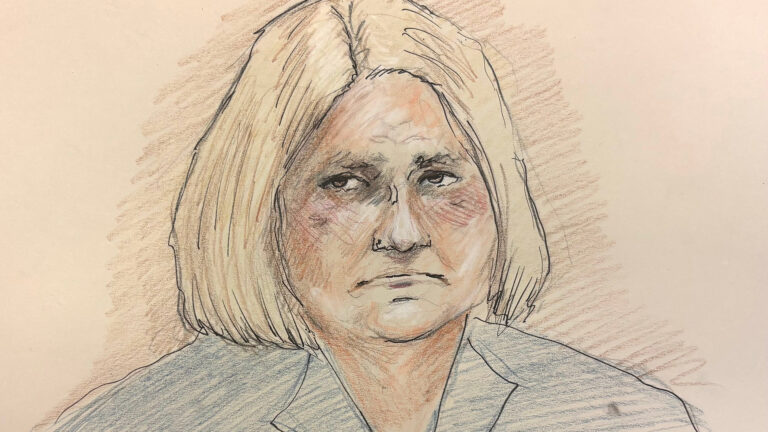
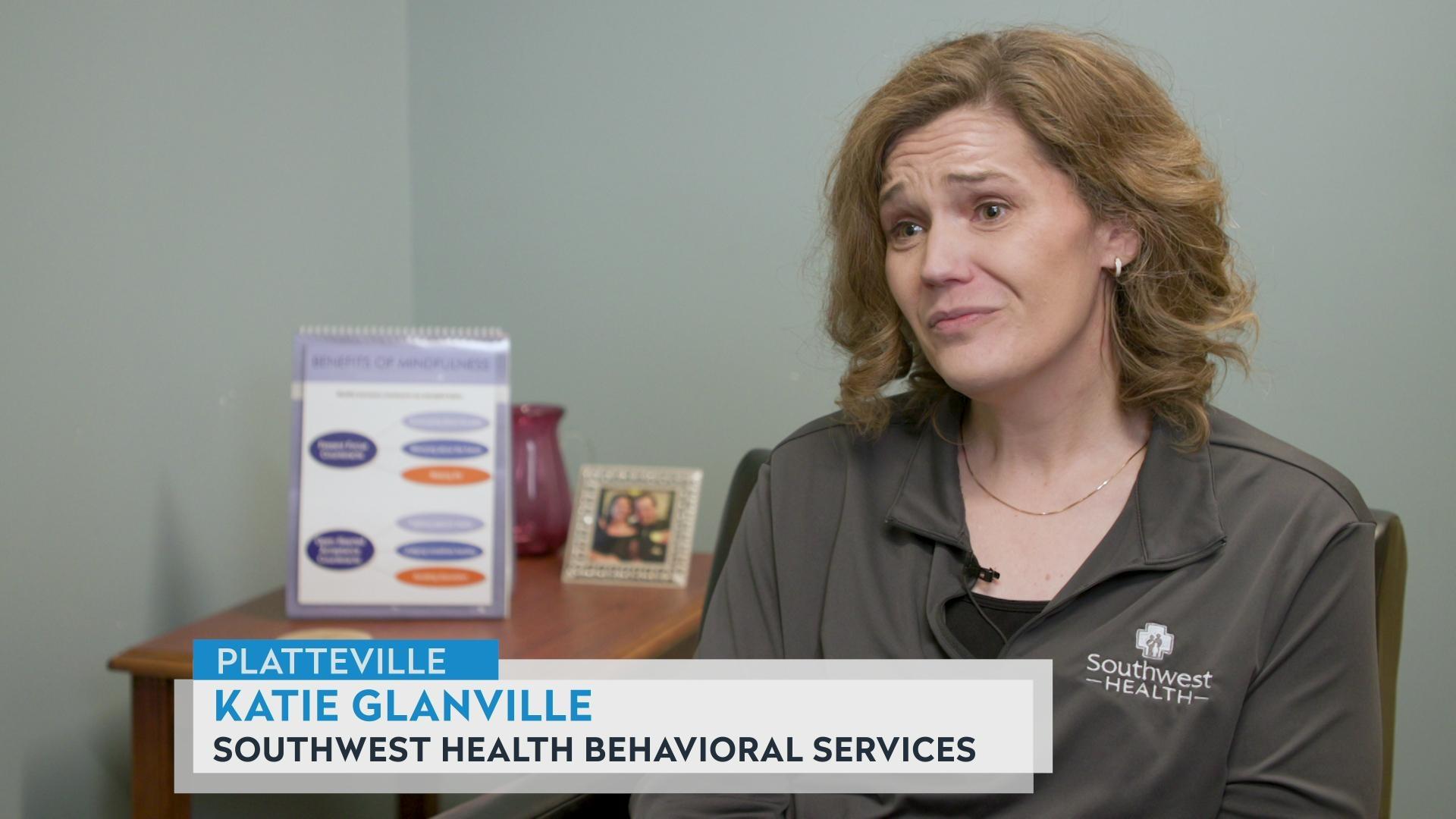






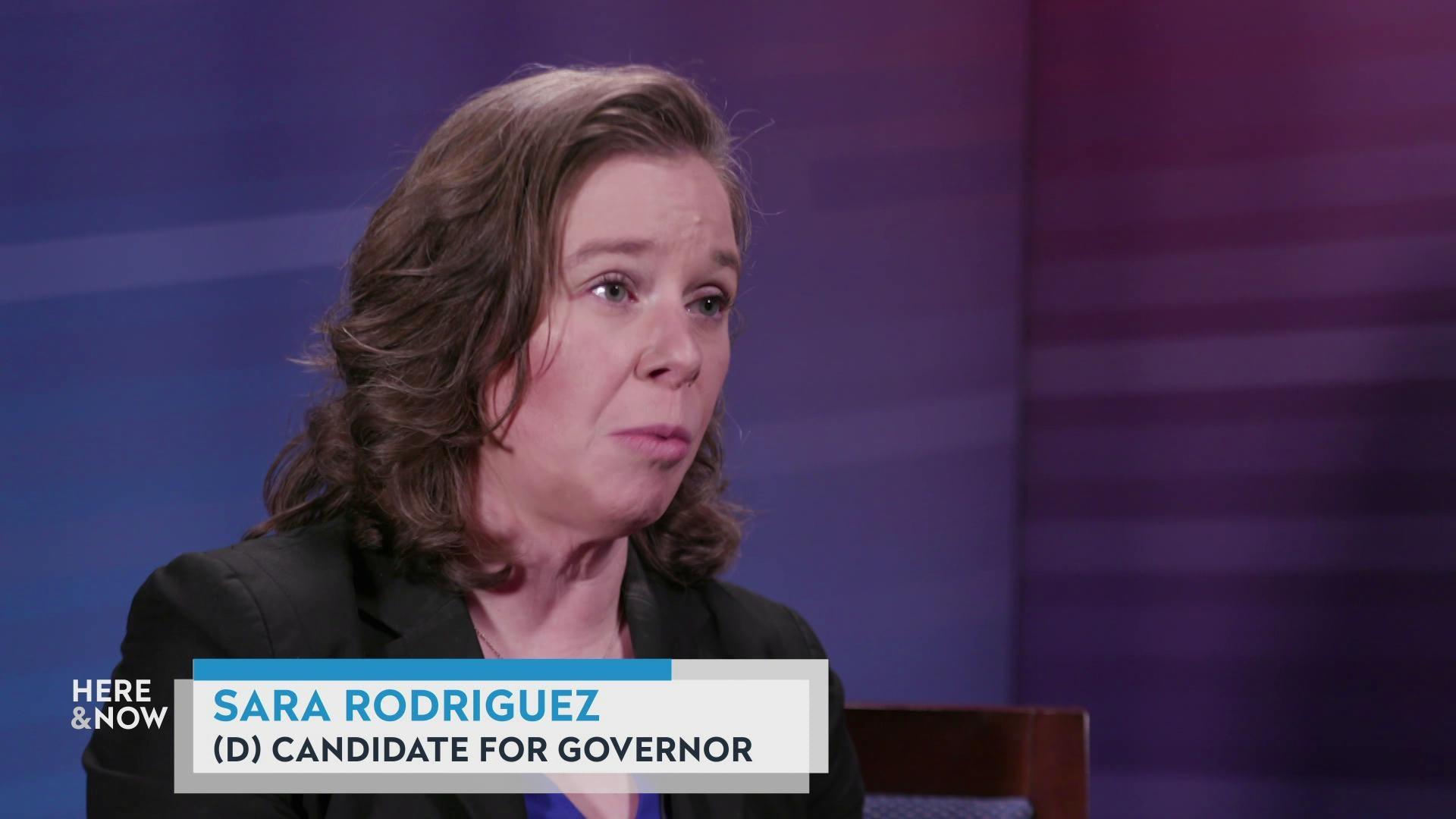
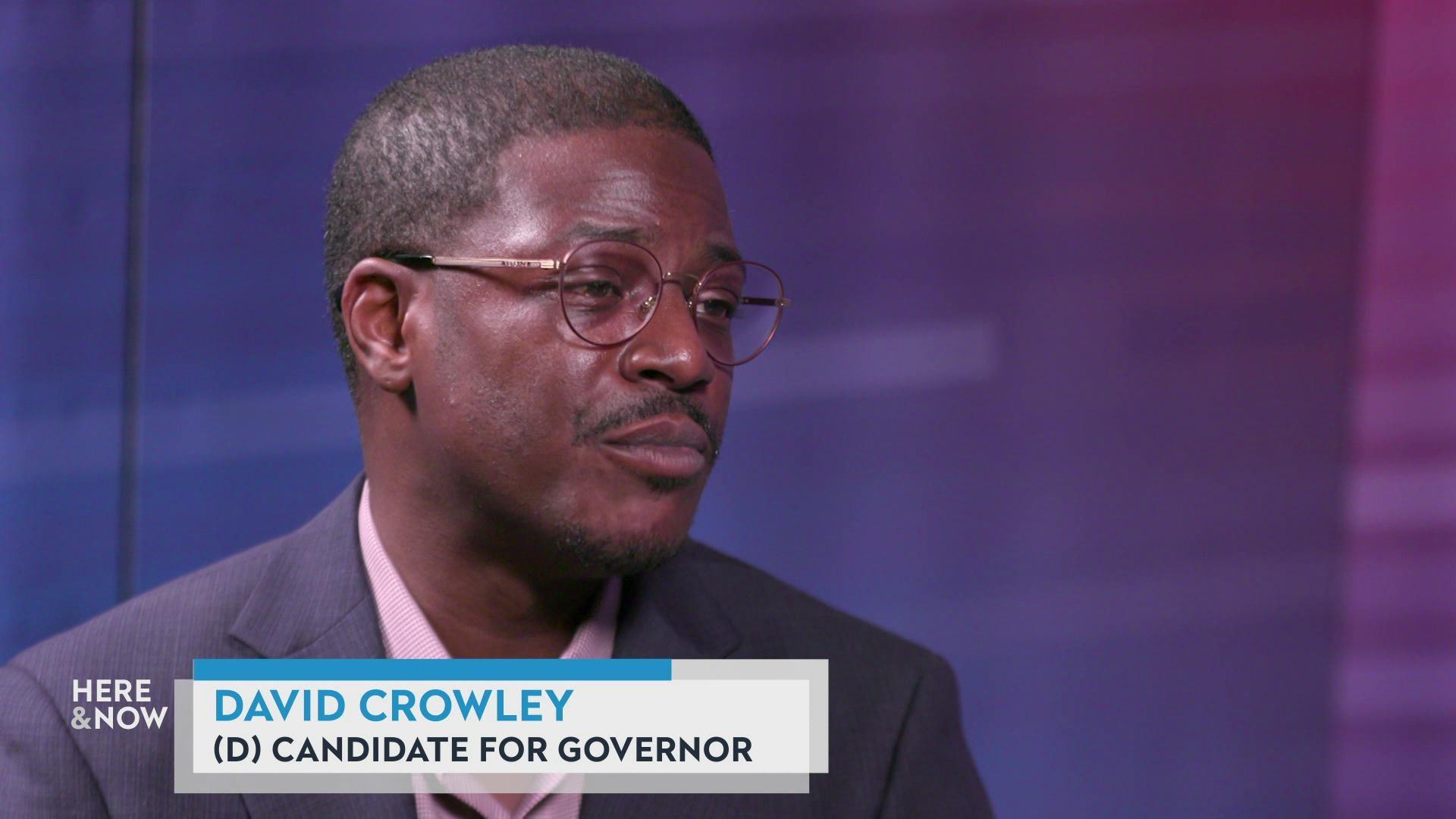
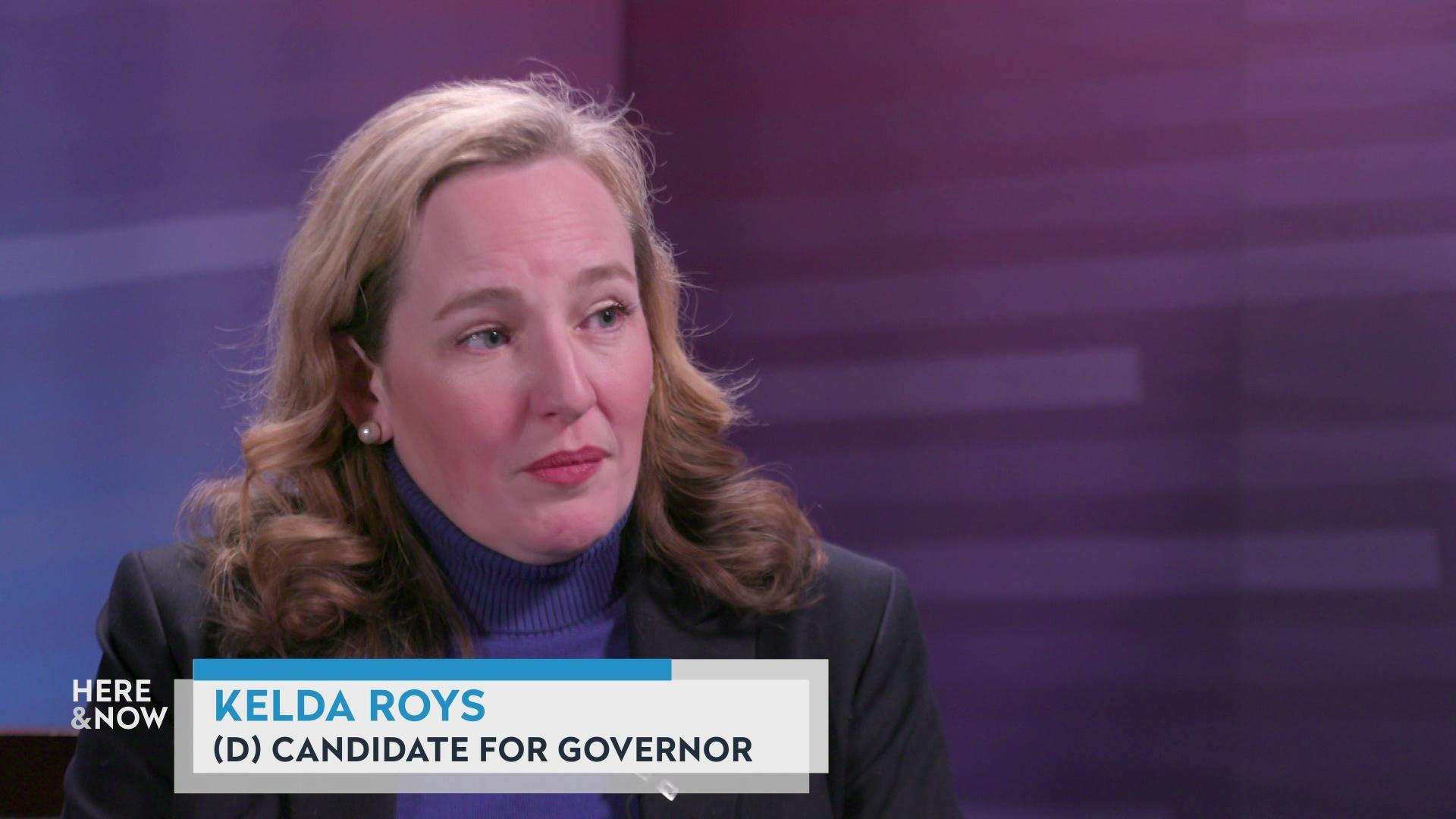


Follow Us